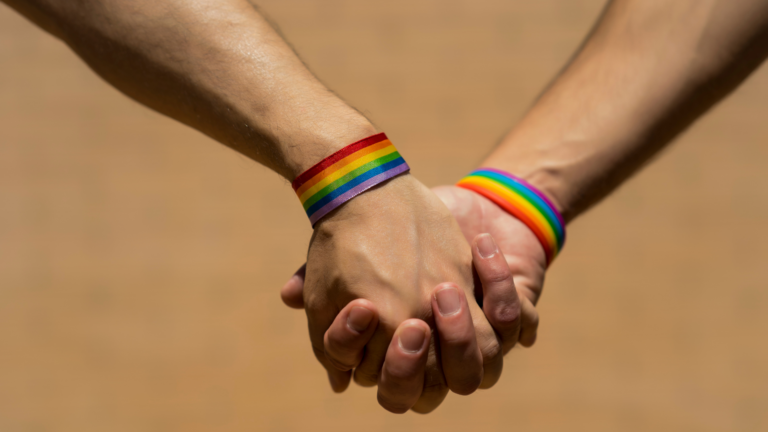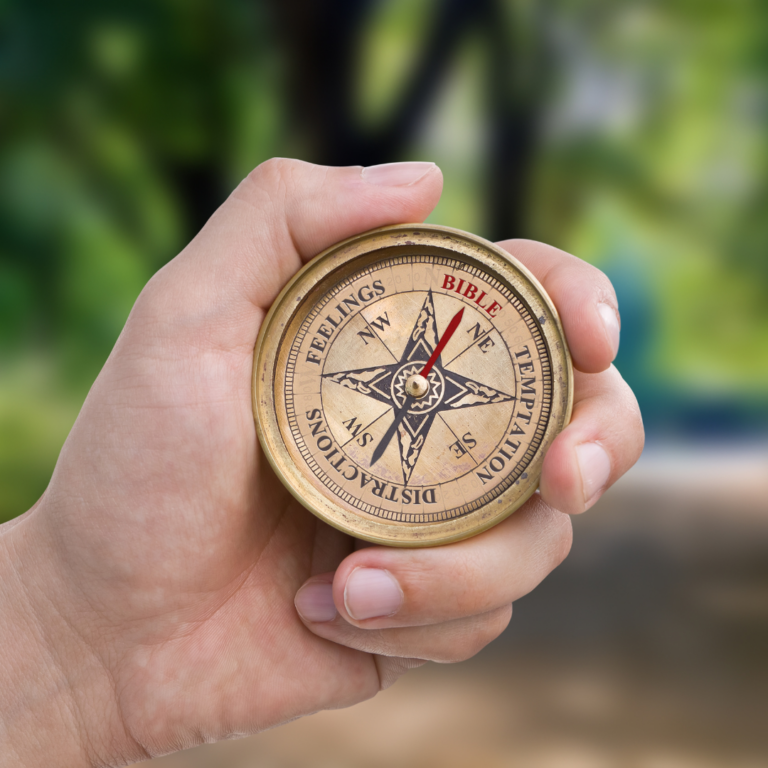This story comes from Brooks Lokey, a pastor at Ethos Church. Watch the full interview, read excerpts from the interview, see the difference your giving has made over the past five years, and celebrate with us all that God has done.
What’s a specific story when you were able to use what you’ve learned with Equip to better minister to a gay person?
Brooks: A friend came to me and said, ‘Hey, there’s this guy who seems to be having a hard time, and I’d love to introduce to him, and if you could just talk to him that’d be great.’ So I introduced myself and just said, ‘What’s going on? What’s up?’ He started sharing with me that he was new to Nashville and struggling to find his place and struggling with his faith, and then somewhere in the conversation revealed that he’s been struggling to figure out his sexual identity. He said he grew up in a pretty conservative religious household where to even experience feelings of same-sex attraction was very taboo, but he was now out of the house and on his own and working. He said, ‘I have feelings for members of the same sex and members of the opposite sex, and I don’t know how to make sense of all this.’ So we sat and talked for a bit, and then I invited him to continue the relationship. I said, ‘I don’t know if this has been helpful to you or if I have answers to the questions you’re asking, but I’d love to sit down with you and keep dialoguing with you.’
I walked into that first meeting a little bit timid and on edge, feeling tempted to armor up and be ready for a theological fight and really know the answers to his big questions. But I sat and connecting with him as a person, as a friend, and was honest with him about not having all the answers and being willing to explore the answers with him. He has a very high view of Scripture and wanted to know what the Bible said about all this, so we picked a book together and read through it and discussed it.
I remember the tools that I got from the training years ago and then continuing to follow Equip’s work through blogs and videos and the Kitchen Table Conversation. I was very captivated by listening to and understanding someone else’s experience. It’s not one-size-fits all. It’s not just gay is gay and straight is straight. We all have nuance to our experiences. I just really appreciate all the perspective and wisdom that Equip offers. Through the trainings and all the resources–those gave me confidence to just go sit with this guy and not be the expert, but to just be a friend.
Years ago, before training with Equip, I would have deflected to someone who I thought could do it better than me and robbed myself the opportunity of being in relationship with him. I think fear and insecurity would have led me to pass him off to someone who I felt knew more than me or had better theology. Everything I’d learned up to that point [about having conversations with gay people] was, ‘Win them over. Tell them what you believe. Be strong in your theology. Get them to believe what you believe or else it’s a failure.’ But I’ve learned it’s not threatening if we believe something different. Yes, I can be confident in what I believe but also leave room for discussion and understanding and learning. I’ve gained confidence in the power of relationship.
What has been most powerful about the training and support Equip has provided?
Brooks: I think for me it has been gaining empathy and understanding. It would have been so easy for me to put this in a box as a theological issue, but I realized that it’s more than that. We’re dealing with people. At our core, we’re all people who want to be loved, known, seen, and to belong. From hearing your story and going through the training, it really helped me see the humanness in this. I think it made it less of an ‘us v them’ and more of a ‘we’ conversation. This isn’t about me trying to change anyone or about me fighting against something. Seeing people who have a different experience than me, seeing them in a way that more reflects the way Christ saw people who were different from Him. He sees them and He loves them. That’s where it all begins, this place of love and acceptance and not seeing people as a label or an issue.
At what moment would you say that the importance of this work at your church clicked or the paradigm shifted?
Pieter: A couple of pastors said after that first round of trainings that what really shifted was realizing that this is only a small part of a bigger conversation about family and intimacy in the Church for everyone and that singleness is not just for gay people and perhaps lifetime singleness for the sake of the kingdom is not just for gay people. Realizing the ways the Church may be poorly serving gay Christians committed to a traditional sexual ethic is part of a bigger problem of how we’re not doing singleness for the sake of the kingdom and family in the body of Christ well for anybody.
Brooks: For a nonbeliever, for someone on the margins of religion or faith, someone who is on the margins of society, someone who has experienced oppression—what is the church offering that person? Are we living out the ways of Jesus in a way that’s accurate enough to help that person see that the ways of Jesus and the ways that He passed down through His Church for us to live out are better than what the world has to offer? That was, for me, a clicking point. Especially when you talked about singleness. I look at the ways the Church has deified and glorified marriage in some ways and in some ways undervalued marriage. You put words to something I believed was true but had never really taken the time to examine our practices. So that was definitely a turning point.
Getting to sit across the table from other people, now, in my life who have shared with me that they are gay, to sit across the table from them and not have the alarm bells going off in my head of, ‘Talk this person out of it!’ or ‘Convert them!’ To be able to just sit there, listen to their story, connect with them on a human level. To really empathize with and understand and see a person for who they are, and not see them for how we’re different—not let that scare me or threaten me or threaten my theology or my worldview. It has really allowed me to share that space with someone else in a different place from where I am but to be able to connect with them as an equal, a friend, a follower of Jesus, a child of God—all these things to connect in our humanness and our image-of-God-ness, and it be normal and good. I do remember that standing out to me.
Pieter: What I hear you saying is, when, as a pastor, when you’re not familiar with the story of a gay person, or any person on the margins, and then you find yourself in a conversation, ministering to, pastoring that person, a common experience for pastors and mentors is, the less you know, the more you’re looking for quick and easy answers to resolve the tension you feel as a person caring for them. But the more you’re familiar with their story, the easier it is to be patient and not to reach for quick fixes. Because you understand this is complex, is nuanced, will take time. And you allow the space to get to know the person. I’ve head that from a number of pastors and it seems like that lines up with some of what you’re saying.
What advice would you have for pastors who want to better minister to gay people in their church according to a traditional sexual ethic?
Brooks: I would say utilize the resources at hand. Equip has been an extremely useful, powerful, practical resource. It’s balanced, and I never get the sense that it’s trying to push anything other than making space for a conversation and providing grounded theological context for why you believe what you believe and where the Church can step in and better love sexual minorities. So I would say utilize the resources of Equip, do an in-person training.
Beyond that, I can’t get past the fear vs. relationship thing. I keep coming back to it. Be willing to examine the fears and presuppositions you have toward a person because of what they believe or experience. That has been so freeing and disarming and humbling for me. Simplify it down to relationship. Learn from the ways of Jesus; He did everything in the context of relationship. Don’t be afraid to enter into the complexities of relationship.
Pieter: I think that’s powerful advice. All the research in counseling says that the best thing you as a counselor can offer, the thing that most likely leads to movement in a client’s experience, is a good relationship with the person providing care. And I think that’s just as true for pastoral care. And the research also says that the biggest barrier to providing care for the person is your own fear and insecurities. So I think you give really powerful advice.
And I definitely appreciate your compliment and encouragement about Equip. Maybe we can generalize what you were saying as, ‘Don’t make sense of this by yourself. Your staff doesn’t have to figure this out alone. Go find experts to help.’






